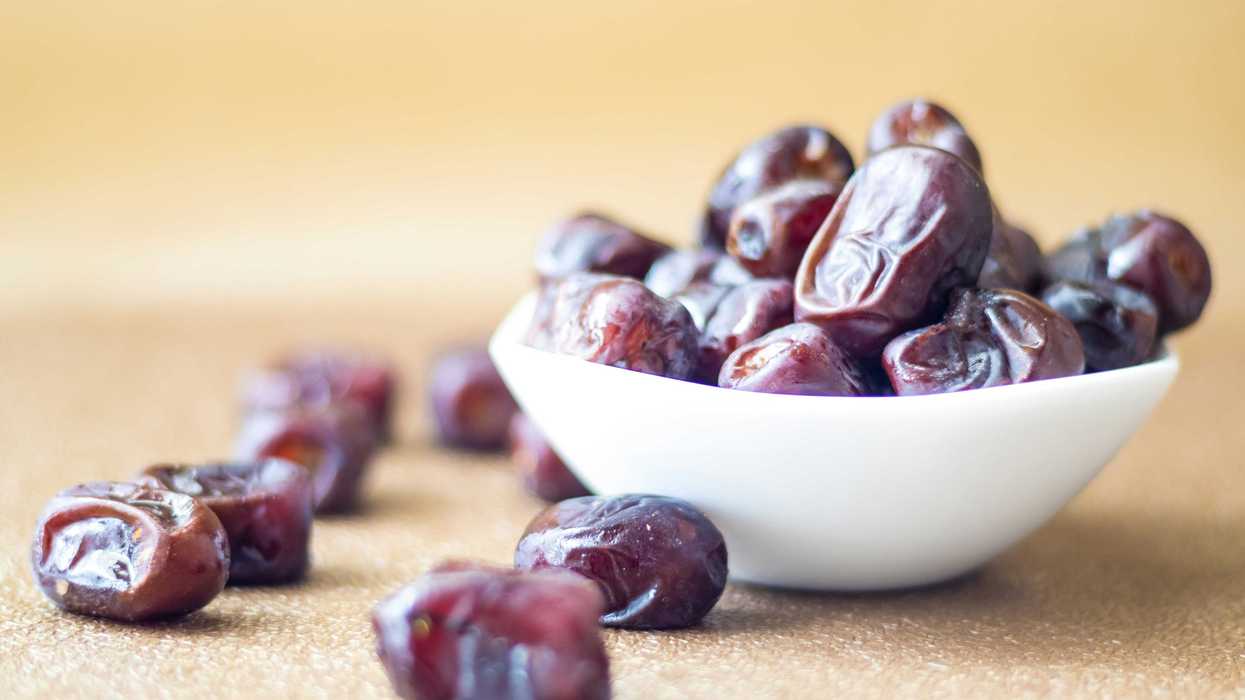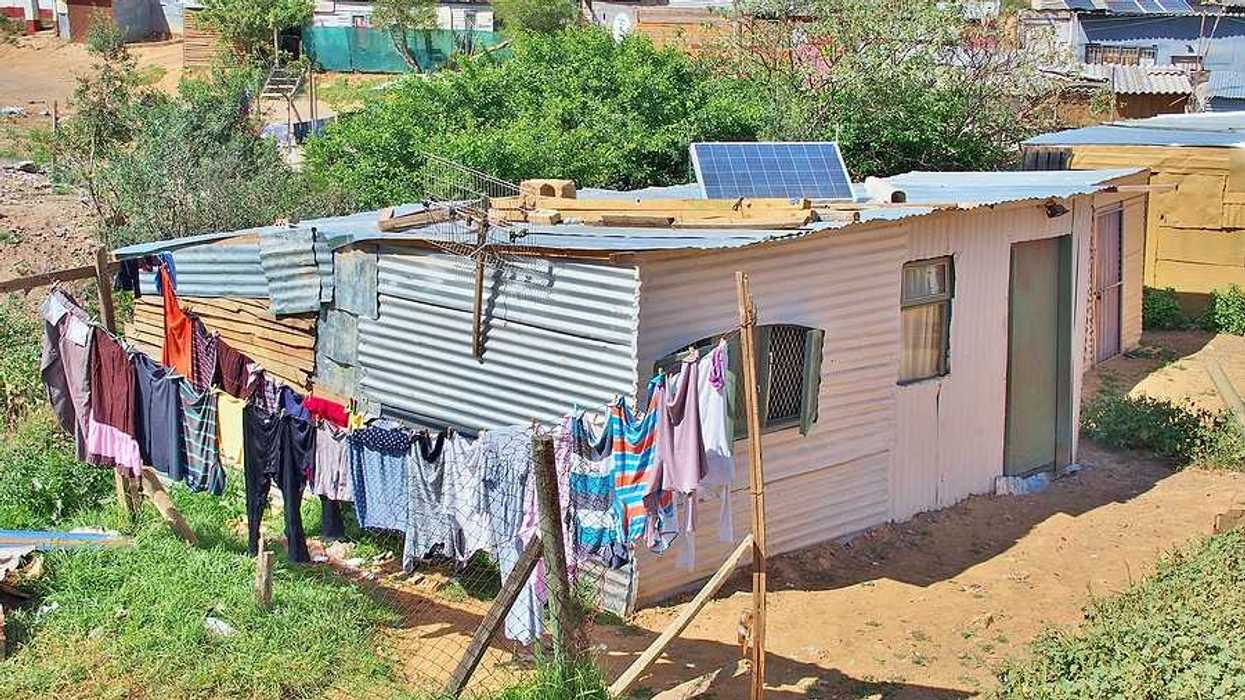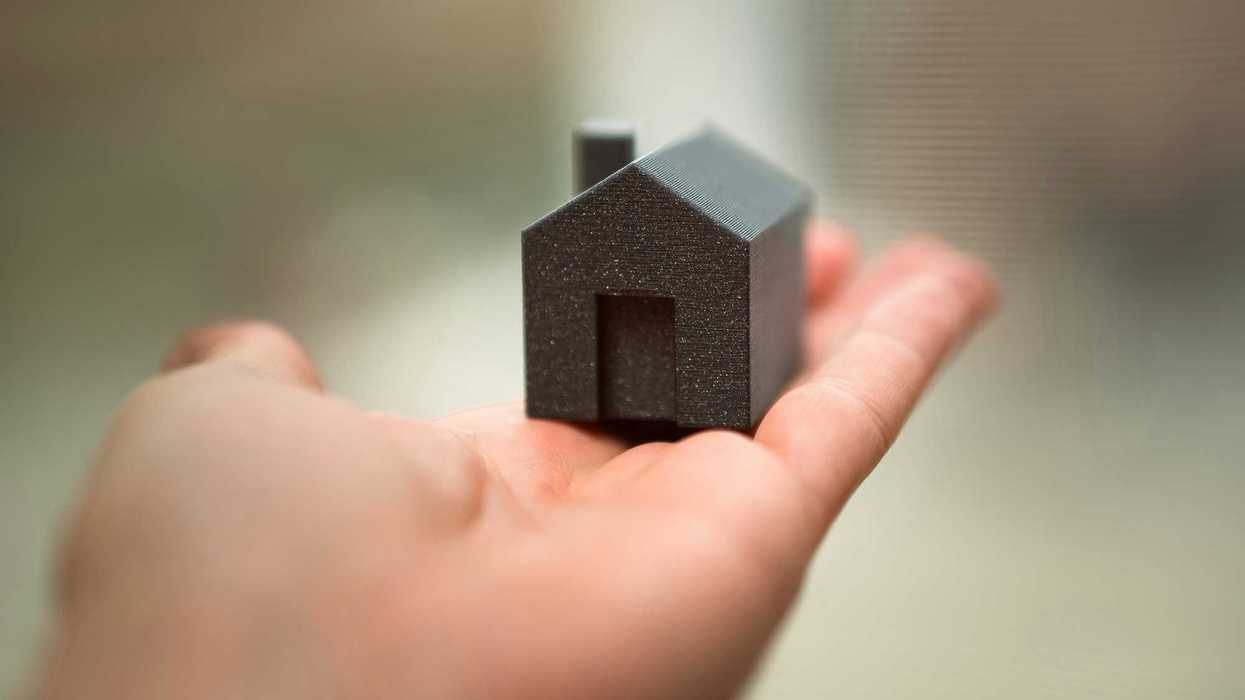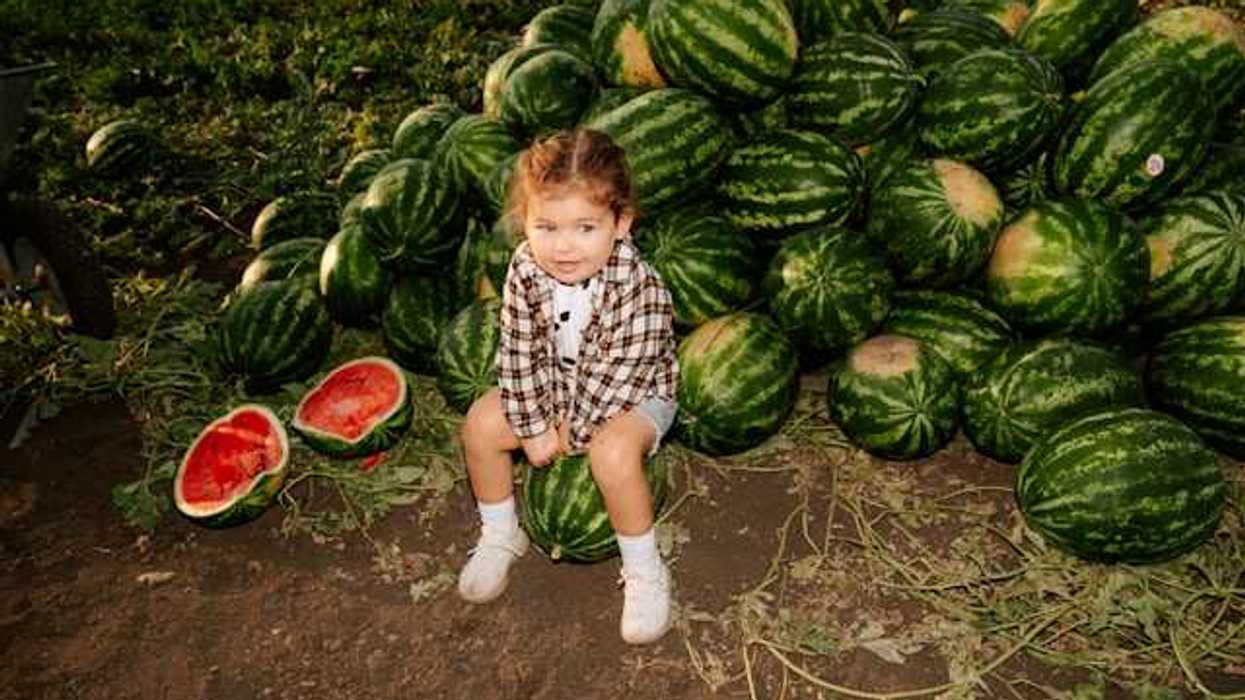In a surprising twist, kudzu, often dubbed "the vine that ate the South," is being embraced by chefs and foragers alike for its culinary potential, transforming the invasive species into delectable dishes.
Ayurella Horn-Muller reports for Civil Eats.
In short:
- Kudzu, an invasive plant in the U.S., has been a part of East Asian cuisine for centuries and is now making its way into American dishes.
- The entire plant, except for its seeds and pods, is edible, with its roots and leaves being used in various recipes, from quiches to lemonades.
- Restaurants and home cooks across the Southeast are experimenting with kudzu in innovative ways, incorporating it into everything from sorbets to teas.
Key quote:
“The leaves can be used like spinach and eaten raw, chopped up and baked in quiches, cooked like collards, or deep fried.”
— Kathryn Hill, writer for Kitchn
Why this matters:
Kudzu was originally introduced to the United States from Japan in the late 19th century. Initially embraced for erosion control and as an ornamental plant, kudzu rapidly proved to be a double-edged sword, overtaking forests, fields, and even buildings with its relentless growth. Kudzu's dense foliage and rapid growth outcompete native plants for sunlight, leading to a decrease in biodiversity. Innovative uses for kudzu are being explored in efforts to mitigate its spread and turn a problem into a profit, embodying the adage that one person's trash is another's treasure.














